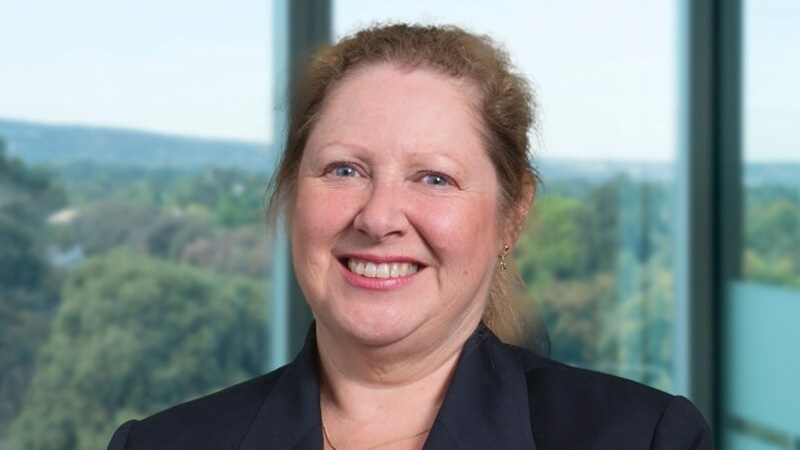Audit firm flags concerns about identifying NALI issues
While the changes to the non-arm’s length expenditure rules are not a focus for the ATO yet, the Tax Office is expecting auditors to start identifying expenses that may be an issue.
The ATO’s final ruling on non-arm’s length income (NALI) released last year outlined the ATO’s approach towards expenses for services provided by a trustee where they are required to hold a licence or a qualification in order to provide that service.
The ruling made it clear that in these situations, it will be important for the trustee to charge a fee for the service provided or run the risk that the income from that asset will be treated as NALI.
The ATO has previously stated that it will not be allocating compliance resources in the 2021-22 year to determine whether the NALI provisions apply to all the income where it incurs non-arm’s length expenditure (NALE) of a general nature.
Speaking to SMSF Adviser, BDO superannuation partner Shirley Schaefer said the amendments to NALI in relation to non-arm’s length expenses of a general nature have SMSF auditors a little concerned as it can be difficult in some cases to identify issues depending on what information the auditor has.
“While it’s not a regulatory focus at the moment for the ATO, there is an expectation by the ATO on auditors that we will identify where there might be non-arm’s length expenses,” explained Ms Schaefer.
“It can be very difficult for us as auditors because we don’t necessarily know everything about the trustee and so we don’t know whether or not a trustee is doing work on their fund assets and not charging for it [for example], if we don’t know the details.”
Ms Schaefer said some auditors are raising queries or concerns in their management letters but not necessarily raising them as specific audit issues.
“[They are] just requiring trustees to consider how the non-arm’s length expenditure rules impact them and their fund,” she said.
While some NALI issues are obvious, said Ms Schaefer, in other cases, they will be more difficult to determine.
“If you’re auditing an accountant’s super fund and there’s no accounting fees, you probably know that they’re an accountant but you don’t necessarily know what other trustees do for a day job so it can make it a bit more difficult in terms of working out whether or not there should be expenses that should be charged through,” she said.

Miranda Brownlee
Miranda Brownlee is the deputy editor of SMSF Adviser, which is the leading source of news, strategy and educational content for professionals working in the SMSF sector.
Since joining the team in 2014, Miranda has been responsible for breaking some of the biggest superannuation stories in Australia, and has reported extensively on technical strategy and legislative updates.
Miranda also has broad business and financial services reporting experience, having written for titles including Investor Daily, ifa and Accountants Daily.








